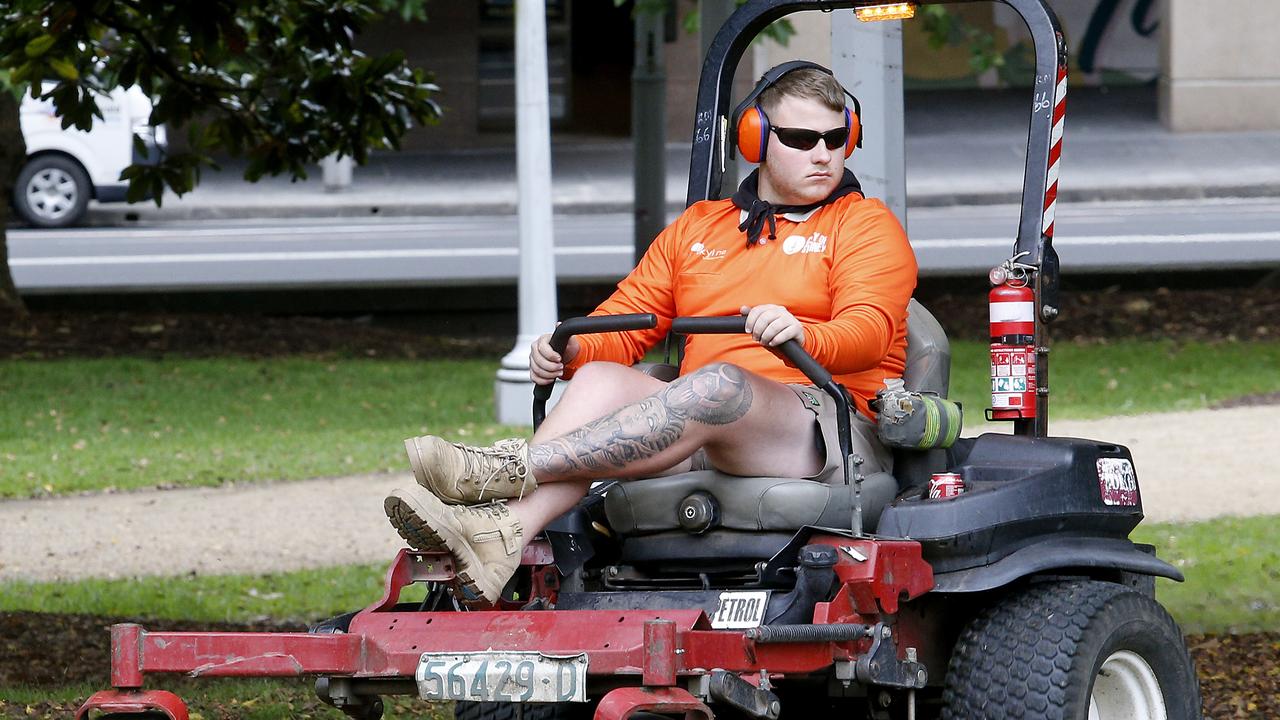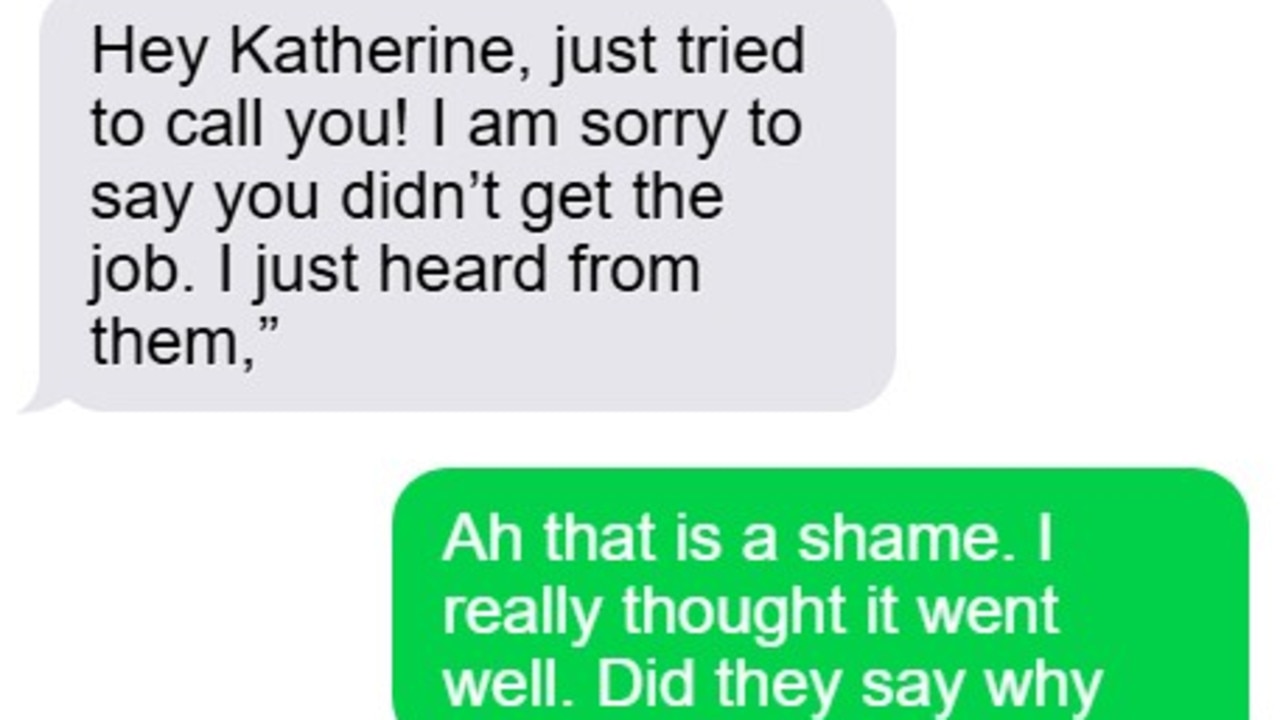Why workers are expected to ‘chuck a sickie’ this Friday
With a working day sandwiched between the weekend and a public holiday, Friday is expected to be the most popular day to “chuck a sickie” this year.

At Work
Don't miss out on the headlines from At Work. Followed categories will be added to My News.
The 26th April is shaping up to be 2024’s most popular day to “chuck a sickie” as workers take advantage of their sick leave following Thursday’s Anzac Day public holiday.
However, business groups have warned that the phenomenon could cost the economy millions in lost productivity amid already challenging circumstances for small operators.
While workers across the country are expected to show up for work, an irregularly high number are expected to call in sick in order to create a four-day long weekend.
Jessica Tinsley, workplace relations director at the Australian Chamber of Commerce and Industry, said unplanned absences posed a perennial challenge for employers.
“While some Aussies may think that chucking the odd “sickie” is a bit of fun, the truth is that it hurts small business and is against the law,” Ms Tinsley.
“Personal leave is for those who are genuinely unfit for work.”

Under current workplace laws, an employer can ask their employees to provide evidence, such as a medical certificate, that they are unable to work because of illness or injury for as little as one day or less off work.
Should an employee fail to provide evidence when asked, they may not be entitled to receive sick leave.
“We urge workers to do the right thing – if you want a day off, request annual leave,” Ms Tinsley added.
Chief executive of the Council of Small Business Organisations Australia, Luke Achterstraat, agreed that unplanned staff absences would hurt small businesses that were already experiencing challenging circumstances.
“In Australia, there’s a bit of a casual culture of taking a “sickie” but it’s important to remember for small businesses that comes with a real financial cost,” he said.

Labour-intensive small businesses with rostering arrangements, including cafes and restaurants, were most likely to be affected by an uptick in staff absenteeism, Mr Achterstraat added.
“When someone else is paying for it, it sounds like a good idea. But in reality, we know it has a real impact for small business.”
Forecasts from medical certificate provider Sicky showed sick day requests were expected to be 53 per cent higher when compared with other Fridays at this time of year.
Sicky co-founder Avinash Vazirani said he expected Friday April 26 to be the most requested sick day of the year.
“Quite often it’s because our patients have over indulged or have interacted with infectious people while socialising,” he said.
The Friday following the public holiday marking the death of Queen Elizabeth II, which was similarly held on a Thursday, was also expected to experience a wave of unplanned absences.
Analysis by Finder predicting the phenomenon would cost the economy as much as $460m in lost productivity.
More Coverage
Originally published as Why workers are expected to ‘chuck a sickie’ this Friday







